Israeli positioning suggests Lebanon ground incursion imminent, US official says
The Washington Post cited an unidentified U.S. official as saying Israel had already told the U.S. the operation would be smaller than its 2006 war against Hezbollah and focus on border security.
Reuters
News Agency Partner
Reuters is a leading source of news and information, delivering fact-based reporting and expert analysis on international events and trends.
1,000 civilians have been killed and one million have fled their homes, according to the Lebanese government
Biden calls for ceasefire amid reports of planned incursion
Indications grew on Monday that Israel was on the verge of sending ground troops into Lebanon, two weeks into an assault on the Iranian-backed Hezbollah militia that culminated in the assassination of its leader, Hassan Nasrallah.
A U.S. official who spoke on condition of anonymity told Reuters the positioning of Israeli troops suggested a ground incursion could be imminent.
Israeli Defence Minister Yoav Gallant told local council heads in northern Israel that the next phase of the war along Lebanon's southern border would begin soon, and support the aim of bringing home Israelis who have fled Hezbollah rockets during nearly a year of border warfare.
He also told troops: "We will use all the means that may be required – your forces, other forces, from the air, from the sea, and on land. Good luck."
Amal Al-Hourani, mayor of Jdeidet Marjayoun, a Christian-majority Lebanese village less than 10 km (6 miles) from the border, told Reuters that two locals had received calls apparently from the Israeli army telling them to evacuate the area as soon as possible.
Friday's assassination of Nasrallah - the most powerful leader in Tehran's "Axis of Resistance" against Israeli and U.S. interests in the Middle East - was one of the heaviest blows in decades to both Hezbollah and Iran.
Ground invasion after airstrikes and assassinations
After two weeks of intensive airstrikes and a string of assassinations of Hezbollah commanders, Israel has suggested ever more strongly that a land invasion is looming.
The Washington Post cited an unidentified U.S. official as saying Israel had already told the U.S. the operation would be smaller than its 2006 war against Hezbollah and focus on border security.
Asked about the reports, U.S. President Joe Biden, who has so far had little success urging Israel to rein in its assaults on Hezbollah or on the Hamas militia in Gaza, called for a ceasefire.
"I'm comfortable with them stopping," he told reporters.
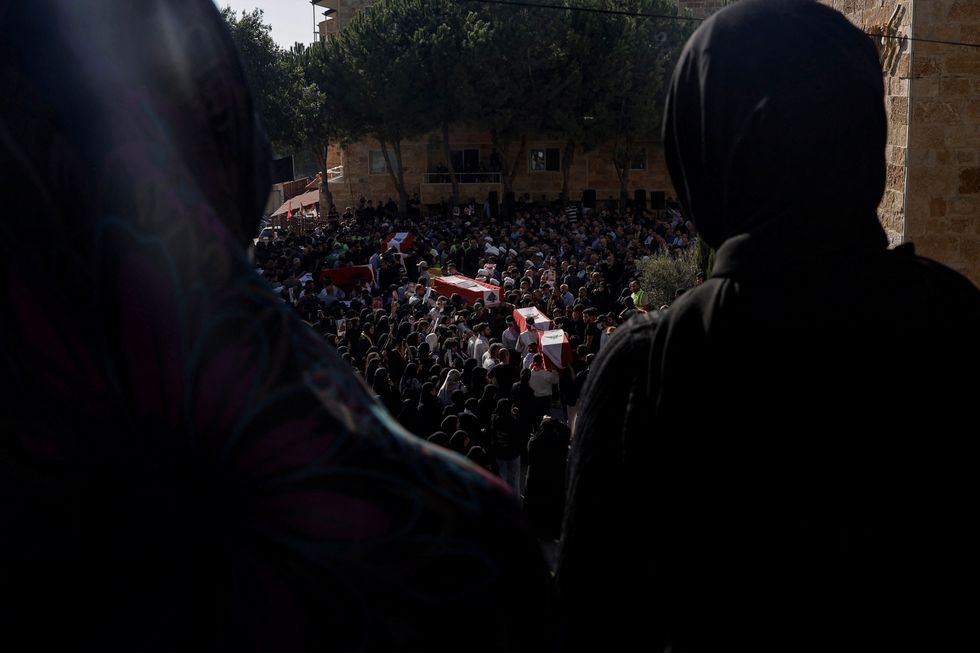
Hezbollah says it is ready to face land incursion
Hezbollah's deputy leader Naim Qassem, in a first public speech since Israeli airstrikes killed Nasrallah, said that "the resistance forces are ready for a ground engagement".
As he spoke, Israeli airstrikes in Beirut and elsewhere in Lebanon continued, extending a campaign that has eliminated several Hezbollah commanders but also killed about 1,000 civilians and forced one million to flee their homes, according to the Lebanese government.
The death toll from an Israeli strike on the southern Lebanese town of Ain Deleb rose to 45, Lebanon's health ministry said on Monday.
Rescuers stood on a flattened building. "We are rescuing these people, pulling out the living, the torn apart, and the martyrs," said one, Mazin al-Khatib.
Nasrallah's killing, along with the assassinations and systematic attacks on the group's communications devices, constitute the biggest blow to the Shi'ite movement since Iran created it in 1982 to fight Israel.
Nasrallah built Hezbollah into Lebanon's most powerful military and political force, with a wide reach across the Middle East.
Now it must replace a charismatic, towering leader who the West branded a terrorist mastermind but who to millions of supporters was a hero who stood up to Israel.
Qassem said it would "choose a secretary-general for the party at the earliest opportunity".
He said Hezbollah had continued to fire rockets as deep as 150 km (93 miles) into Israeli territory.
"We know that the battle may be long," he said. "We will win as we won in the liberation of 2006," he added, referring to the last big conflict between the two foes.
But Israeli Prime Minister Benjamin Netanyahu warned Hezbollah's main backer, Iran, that "there is nowhere we will not go to protect our people and protect our country".
In a three-minute video clip in English that he addressed to the Iranian people, he accused their government of plunging the Middle East "deeper into war" at the expense of its own people, whom it was bringing "closer to the abyss".
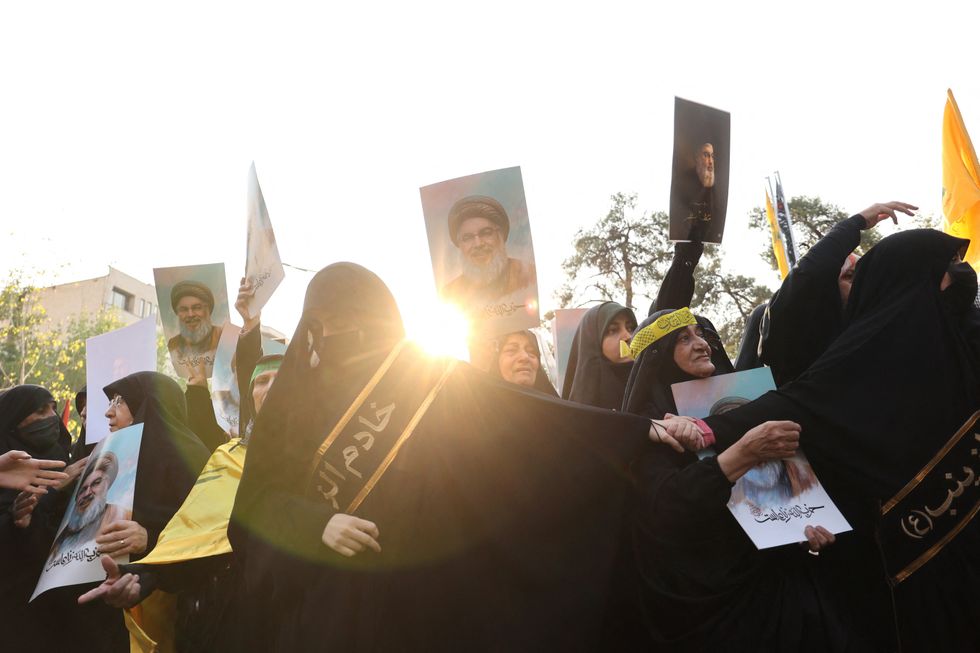
The conflict escalates
The Israeli attacks on militant targets in Lebanon are part of a conflict stretching from the Palestinian territories of Gaza and the occupied West Bank to Iranian-backed groups in Yemen and Iraq. The escalation has raised fears that the United States and Iran will be sucked into the conflict.
Iranian Foreign Ministry spokesperson Nasser Kanaani said Tehran would not let any of Israel's "criminal acts" go unanswered, referring to the killings of Nasrallah and an Iranian Revolutionary Guard Corps deputy commander, Brigadier General Abbas Nilforoushan, who died in the same strikes.
Israel's closest ally, the United States, has not wavered in its support despite concerns over heavy civilian casualties.





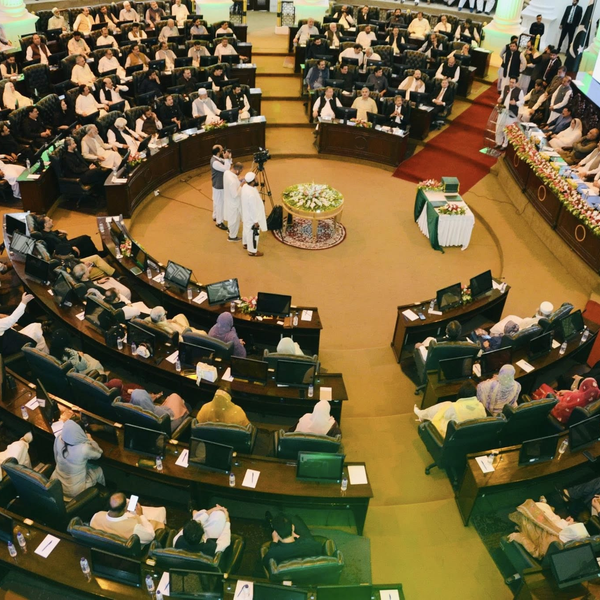
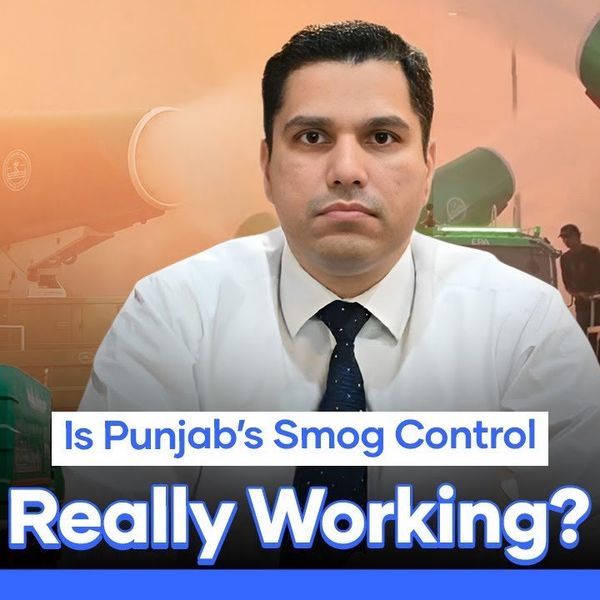
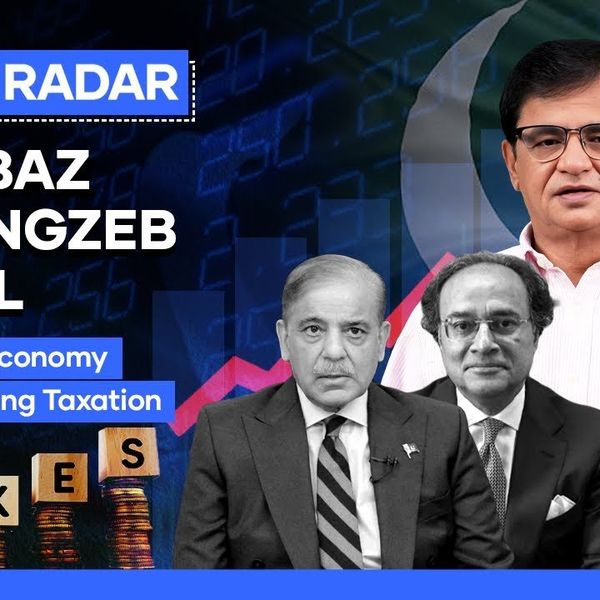


Comments
See what people are discussing